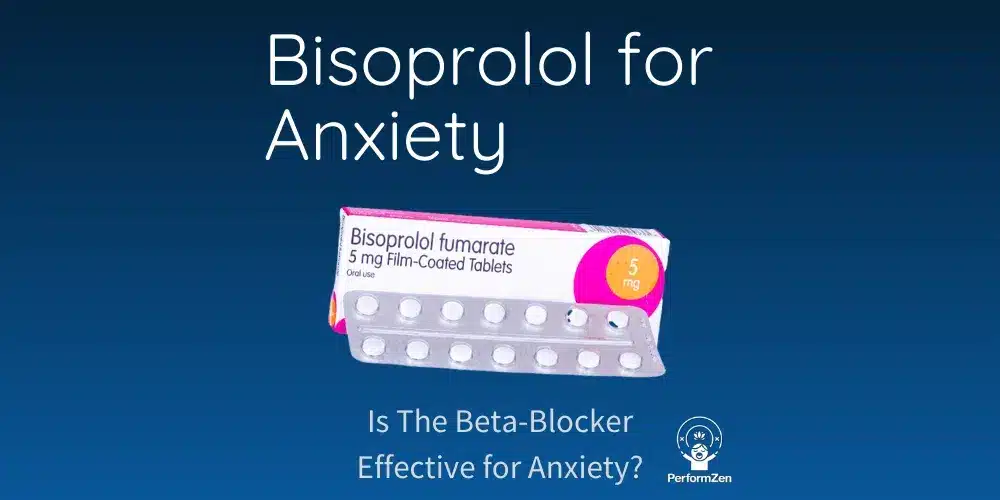Prescribing is a crucial step in patient care, especially when it comes to medications such as bisoprolol, a beta-blocker widely used in the treatment of heart failure and hypertension. This medication, while beneficial for many patients, can also cause certain side effects and have specific contraindications that deserve special attention.
Bisoprolol works primarily by decreasing heart rate and lowering blood pressure, making it a common choice for the management of various heart conditions. However, its use is not without risks. Adverse reactions can occur, ranging from mild symptoms to serious complications, especially in people with a history of lung conditions such as asthma or other heart problems.
Thus, understanding the nuances of prescribing bisoprolol, as well as its side effects and possible contraindications, is essential to ensuring the safety and well-being of patients during their treatment.

Bisoprolol is a drug that belongs to the family of beta-blockers, commonly used to treat various cardiovascular conditions. Its main indication is the treatment ofstable heart failure as well as high blood pressure. This drug works by reducing the heart rate and lowering blood pressure, which helps reduce the workload of the heart. However, despite its effectiveness, there are side effects and contraindications which are essential to know in order to ensure the safe use of bisoprolol.
Medical prescription for bisoprolol
Prescription of bisoprolol is generally reserved for patients with specific heart problems. Before any prescription, a doctor carries out a thorough assessment of the patient’s state of health. This process includes medical history, consideration of background cardiovascular diseases and review of current treatments. Here are some indications where bisoprolol is often prescribed:
- High blood pressure : Bisoprolol is used to manage high blood pressure, a major risk factor for heart disease, stroke and other complications.
- Chronic heart failure : Its ability to improve cardiac function in patients suffering from chronic heart failure makes it essential in these treatments.
- Angina pectoris : Bisoprolol may reduce symptoms related to angina by decreasing the heart’s demand for oxygen.
It should be noted that the dosage of bisoprolol should be tailored to each individual, taking into account the severity of the condition and response to treatment. Doctors usually start with a low dose, which is then increased based on clinical progress.
Side effects of bisoprolol
Like any medicine, bisoprolol is not free fromside effects. It is crucial to know these effects and monitor them throughout treatment. Some of the most common side effects include:
- Fatigue : A feeling of fatigue or weakness is frequently reported by patients, especially at the start of treatment.
- Dizziness : Bisoprolol can cause dizziness, particularly during rapid changes in position (orthostatic hypotension).
- Bradycardia : An excessive reduction in heart rate, which may cause symptoms such as fainting or palpitations.
- Effects on the respiratory tract : Although primarily cardio-selective, bisoprolol can cause respiratory complications in some patients, particularly those with pulmonary conditions.
- Digestive problems : Gastrointestinal disturbances such as nausea or diarrhea may also occur.
It is recommended that patients report any side effects to their doctor as soon as they occur. Regular monitoring is essential to adjust the dosage or consider a change in treatment if side effects become too bothersome or dangerous.
Contraindications of bisoprolol
Knowledge of contraindications is equally essential for the safe use of bisoprolol. There are situations and pathologies in which this medicine should not be administered:
- Acute heart failure : Bisoprolol treatment is strictly contraindicated in cases of acute heart failure, as it could worsen the patient’s condition.
- Severe bradycardia : A heart rate that is too low could be exacerbated by this medication, leading to serious complications.
- Asthma and bronchospasm : Although bisoprolol is a selective beta-blocker, there is still a risk of bronchospasm in people with asthma or chronic respiratory diseases.
- Cardiogenic shock : The presence of this type of shock requires rapid medical treatment without the use of bisoprolol.
- Drug allergy : Any pre-existing allergic reactions to bisoprolol or other beta-blockers should be reported and avoided.
Patients with a history of peripheral vascular disease, diabetes, or allergies to beta-blockers should also be closely monitored during administration of this medication. It is therefore imperative that the doctor takes these elements into consideration when prescribing.
For any additional information regarding heart failure treatments or the use of beta-blockers such as bisoprolol, you can consult this link: New treatments for heart failure in chronic care.
In summary, bisoprolol is an effective medication for treating several heart conditions, but its use requires an appropriate prescription. Knowing the side effects and contraindications is essential to ensure patient safety and maximize the benefits of treatment. For more information on side effects and recommendations, you can consult the leaflets available here: BISOPROLOL medication leaflet, or here Vidal BISOPROLOL.

FAQs on medical prescription, side effects and contraindications of bisoprolol
What are the main side effects of bisoprolol? Bisoprolol, a drug in the beta-blocker class, can cause side effects such as fatigue, dizziness, or even trouble sleeping. Other effects may include skin reactions and worsening heart failure.
Who should not take bisoprolol? Bisoprolol is contraindicated in patients with certain serious cardiac conditions, such as acute heart failure or cardiac conduction disorders. It should also be avoided in people with severe asthma, chronic bronchitis or circulatory problems.
Can bisoprolol be prescribed during pregnancy? The use of bisoprolol during pregnancy should be avoided, as it could harm the development of the fetus. It is essential to talk to your doctor if you are pregnant or planning to become pregnant.
What precautions should you take if you take bisoprolol? It is important to tell your doctor about all medications you are taking because bisoprolol may interact with other treatments, especially those used for blood pressure or diabetes.
What symptoms require stopping treatment with bisoprolol? If you experience symptoms such as difficulty breathing, irregular heartbeat, or severe skin reactions, you should seek medical attention immediately and consider stopping treatment.












